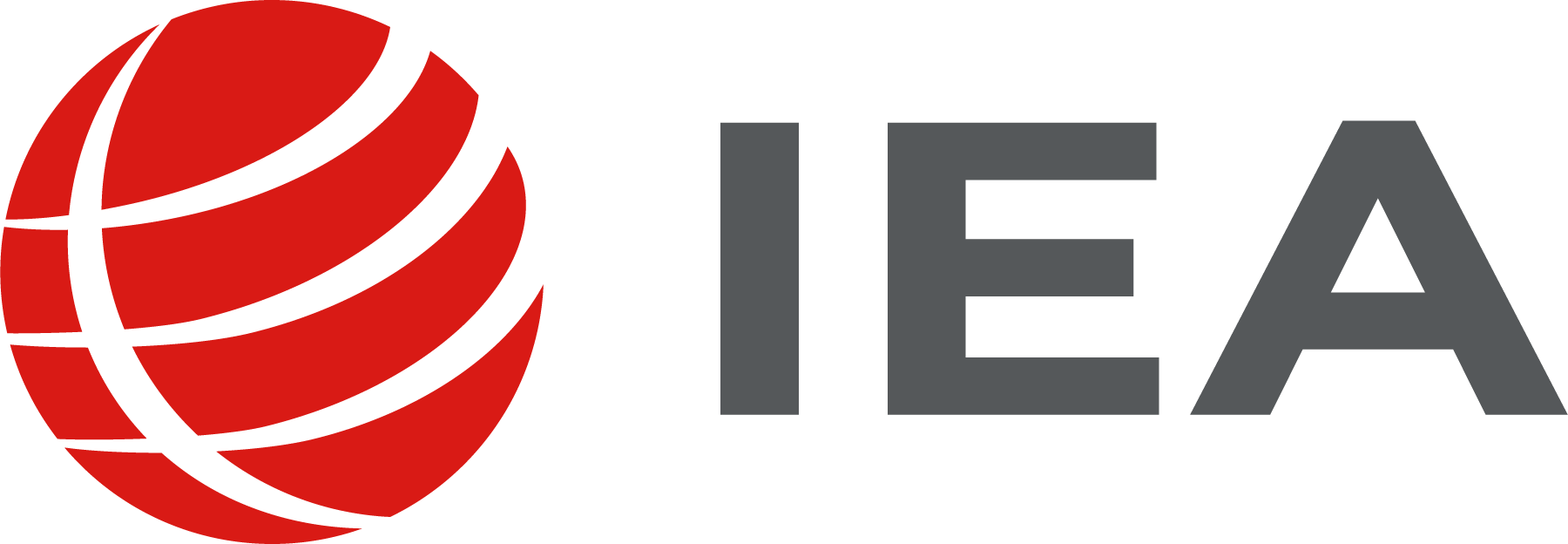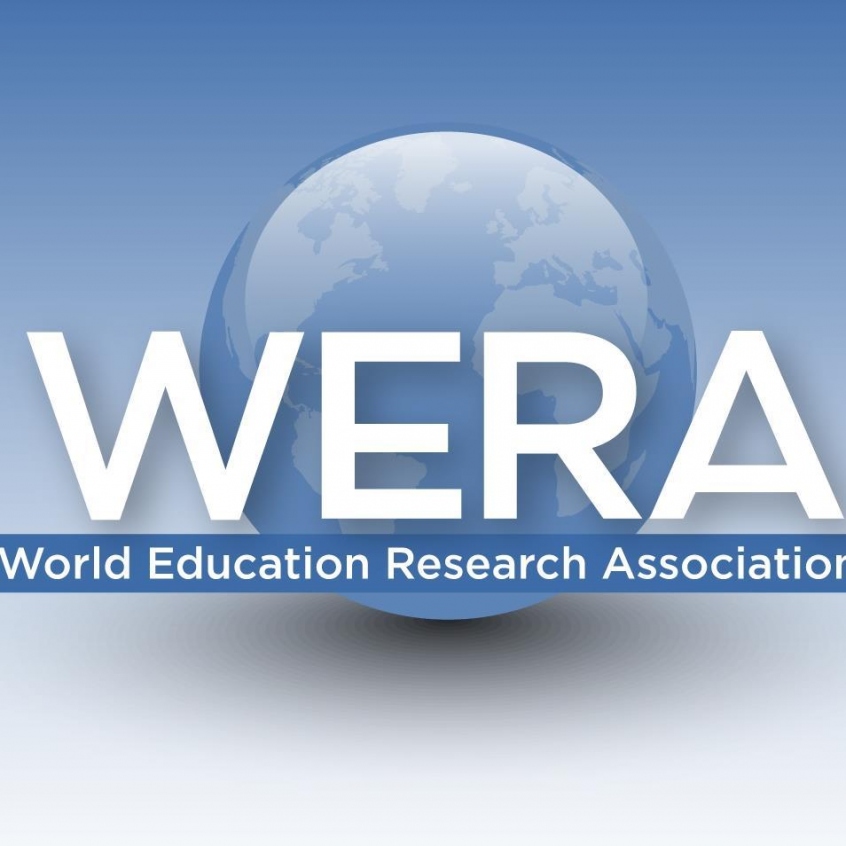IEA had an active presence at WERA 2021 hosting a full-day workshop and participating in an invitational symposium.
IEA had an active presence at WERA 2021 hosting a full-day workshop on Tuesday 6 July, from 09:30-18:00. IEA also participated in an invitational symposium on Wednesday 7 July.
Workshop description
This was a full-day workshop consisting of two consecutive sessions (of which one will take place in the morning, and one in the afternoon). IEA conducts high-quality, largescale, international assessments to provide educators, policymakers and parents with insights into how students perform. In doing so IEA facilitates and relies on the work and theoretical advancements done by scholars and other researchers. Current IEA studies measure student achievement in subjects such as mathematics and science (TIMSS), reading (PIRLS), civic and citizenship education (ICCS), and computer and information literacy (ICILS). Data from IEA studies include measurements of student achievement, as well as background information from students, teachers, and contextual information collected from additional stakeholder groups across the educational systems. These data are available for multiple grades and subject matters, as well as some cross-curricular areas, for more than 100 countries. They are open access, allow for trend measurement, and contain contextual information and micro-level data. In addition, IEA data are recognized by UNESCO as a useful source for monitoring progress toward the SDGs.
This workshop offered a brief overview of IEA’s resources and support for researchers, including free software tools, online tutorials and expert advice. In particular, participants worked with the IEA’s IDB-Analyzer software, using newly-released data from the IEA’s International Computer and Information Literacy Study (ICILS) 2018. The workshop empowered researchers to explore the data available and to use tools to apply the data to their own research interests. ICILS 2018 addressed a critical question: how well are students prepared for study, work, and life in a digital world? ICILS 2018 data reveal insights into students’ computer and information literacy skills, students’ and teachers’ attitudes to using technology and background factors that influence both achievement and attitudes. This workshop highlighted key considerations (e.g. assessment and sampling design) for working with ICILS data, with learning points that apply to many large-scale assessments. Participants were also introduced to working with the IEA’s IDB-Analyzer, with a special emphasis on the software’s merging capabilities, as well as how to calculate percentage, means and benchmarks. We concluded with a discussion of some of the more advanced software applications. The workshop was interactive allowing time for discussion and practical, handson exercises. Participants were encouraged to engage with the content and to use this valuable opportunity to learn how to work with large-scale assessment data.
Invitational Symposium
The invitational symposium was planned on Wednesday 7 July and presentations came together under the title 'Diverse Contexts, Common Challenges'. The session was intended to echo the theme of the WERA 2020 Focal Meeting by providing some insights into the fruitful collaboration among IEA members and scholars. This invitational symposium attempted to draw attention to IEA’s mission and studies, as well as the use of resulting datasets for system level purposes, the value of monitoring educational achievement under the UNESCO SDG agenda, and other exploratory, research inquiries.
Virtual

